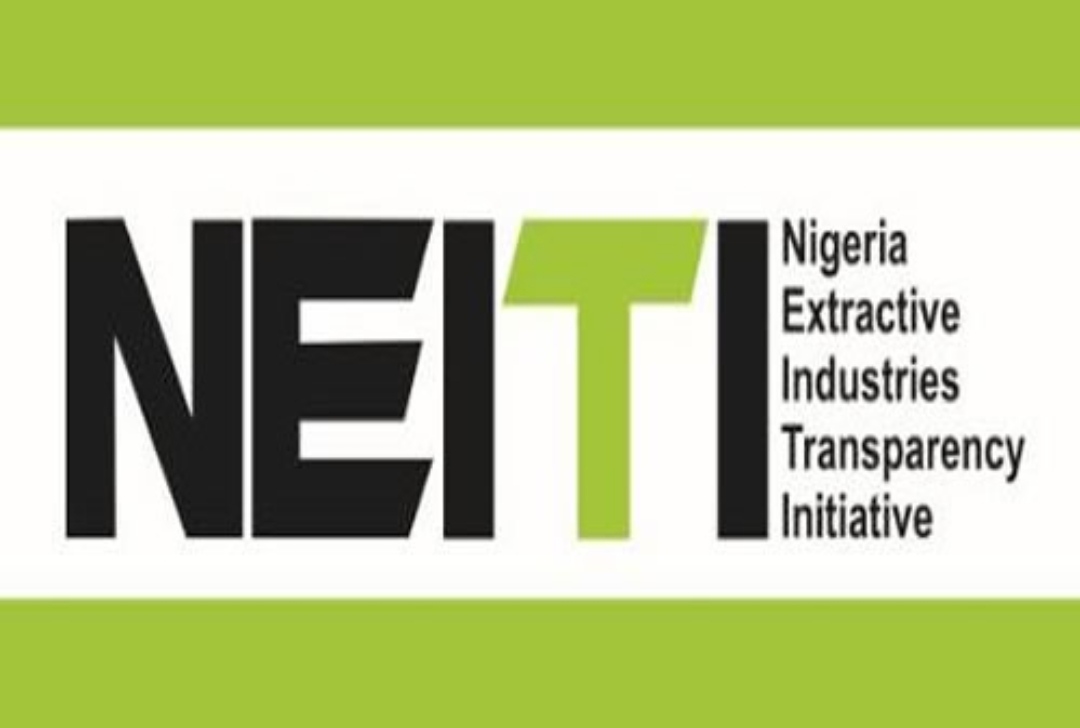Nigeria realised about $34.22billion as earnings from oil and gas sector operations in 2019, the Nigeria Extractive Industries Transparency Initiative (NEITI) has said.
The figure contained in its the 2019 oil and gas industry audit report published on Thursday represents an increase of about 4.88 percent over the $32.63billion realised from the sector in 2018.
Details of the earnings showed that payments by international oil companies accounted for about $18.90billion, while flows from Federation sales of crude oil and gas accounted for $15.32billion.
The NEITI report aggregate financial flows from the oil and gas sector to the government over ten years period between 2010 and 2019 amounted to $418.544billion.
The report said the highest revenue flow of $68.442billion was recorded in 2011, while the lowest revenue flow of $17.055 billion was realised in 2016.
The total crude oil production in 2019, NEITI said, was about 735.244 million barrels, representing an increase of 4.87 percent over the 701.101million barrels recorded in 2018.
Also, the report said production sharing contracts (PSCs) contributed the highest volumes of 312.042mmbbls, followed by Joint Venture (JV) and Sole Risk (SR) outputs, which recorded 310.284mmbbls and 89.824mmbbls respectively.
Others included Marginal Fields (MFs) and Service Contracts (SCs) production, which accounted for 21.762mmbbls and 1.330mmbbls respectively.
The Report also showed that total crude oil lifted in 2019 stood at about 735.661mmbbls, an increase of about 4.93 percent, to the 701.090 mmbbls recorded in 2018.
The report said oil companies lifted about 469.010mmbbls, while 266.650mmbbls was lifted by the Nigeria National Petroleum Corporation (NNPC) on behalf of the Federation.
An analysis of crude oil lifted by NNPC showed that about 159.411mmbbls was for export, while 107.239mmbbls was for domestic refining.
Of the volumes allocated for domestic refining, about 97 percent (104.475mmbbls) was utilised for the Direct Sale-Direct Purchase (DSDP) programme, while the remaining 3 percent (2.764mmbbls) was delivered to the refineries.
NEITI reported that the value of the 2019 domestic crude oil earnings was N2.722 trillion.
Of this figure, N518.074billion was deducted for Petroleum Motor Spirit (PMS) under-recovery by the NNPC. This figure was about N213.074billon above the approved sum of N305billion for under-recovery in 2019.
Similarly, about N126.664billion was incurred by the Corporation as costs for pipeline repairs and maintenances, which showed a difference of N96.378billion from the approved sum of N30.287billion for that purpose.
The report also said the N31.844billion was also deducted for crude and product losses due to theft and sabotage in 2019.
NEITI further reported that “Total Premium Motor Spirit (PMS) imported in 2019 was 20.603billion litres, with about 330,362,020 litres of the PMS valued at N44.03 billion ($143.694million using N306.42/USD) lost to vandalism and leaks of the product pipelines across the country.
Related Articles
On gas production, the NEITI report showed that 3,047,507.32million standard cubic feet (mmscf) was produced in 2019.
This represents an increase of 4.8 percent when compared to the 2,909,143.56mmscf reported in 2018. Also, about $247.794million was realized from gas sales for the year under review.
The 2019 oil and gas report also explained that the total cash call for 2019 was $5.512billion ($2.898 billion and N797.324billion).
“There was an outstanding Cash-call legacy liability of $1.900billion as at December 31, 2019,” the report said.
NEITI also reported that about $896.891million was recorded as social expenditure in 2019 made up of non-mandatory contributions of $81.297million (9.06%) and mandatory contributions of $815.594million (90.94%).
The mandatory contributions consisted of the 3 percent development levy to the Niger Delta Development Commission amounting to $721.275million, and 1 percent levy to the Nigeria Content Development Monitoring Board totaling $94.319million.
The non-mandatory contributions are various payments voluntarily made by the companies to their host communities for the provision of social amenities, scholarships, etc.
NEITI further disclosed that the total number of employees in the oil and gas sector in 2019 were 18,856, with 82 percent of the figure being male, while 18 percent were female.
The top management accounted for 10 percent, middle management, 47 percent, and lower-level staffs, 43 percent.
On total expenditure on environmental impact assessments in 2019, the NEITI report disclosed that about $480,525 and N154.48million were spent, while $2,420,268 and N33,190,931 was spent on fees and other costs associated with environmental monitoring and evaluation.
On recommendations on how to improve transparency and accountability in the sector, the NEITI report said the Office of the Accountant General of the Federation (OAGF) should advice the NNPC to prepare its budget on a gross basis by stating its gross revenue and costs.
The report noted that the practice if adopted, will improve transparency and accountability in NNPC’s transactions on behalf of the federation.
The report also recommended that NNPC should carry-out detailed reconciliation on transportation revenues regularly as a mechanism for checks and balances.
It also observed that entities are reporting crude oil losses higher than the fiscalised production and recommended that the Department of Petroleum Resources (DPR) should take steps to reduce losses by the terminal operators.
It also highlighted the outstanding liabilities by companies as of 2019 year end and advised the respective government agencies to recover the debts.
The latest report is the 12th cycle of independent oil and gas industry audit exercise by NEITI in line with the NEITI Act 2007 and Nigeria’s obligation to the global EITI.
The audit conducted by Adeshile Adedeji & Co. (Chattered Accountants), an indigenous accounting and auditing firm, reconciled payments from 98 entities, including 88 oil and gas companies, nine government agencies and the Nigerian Liquefied Natural Gas (NLNG).





